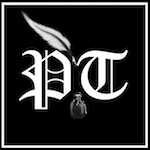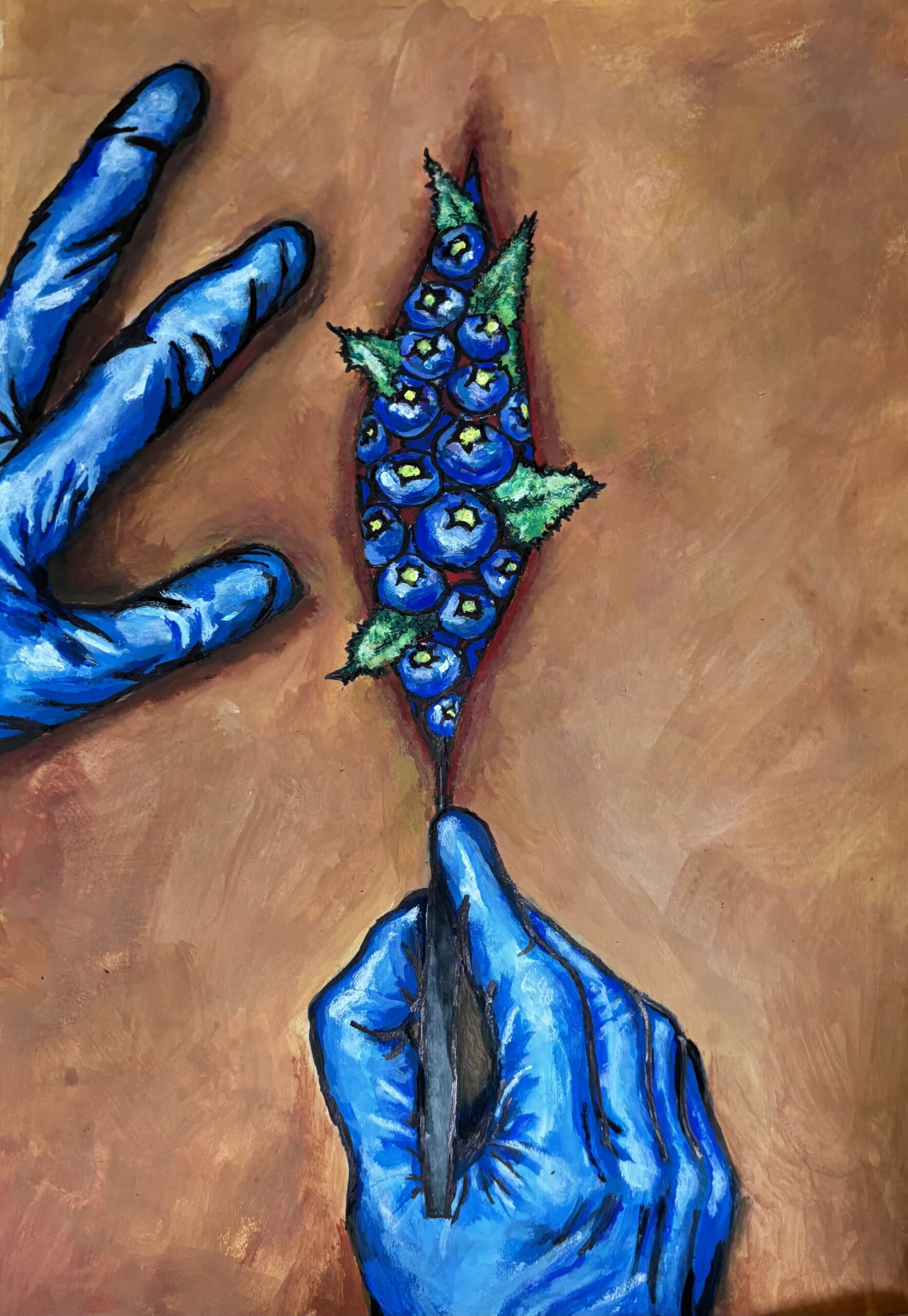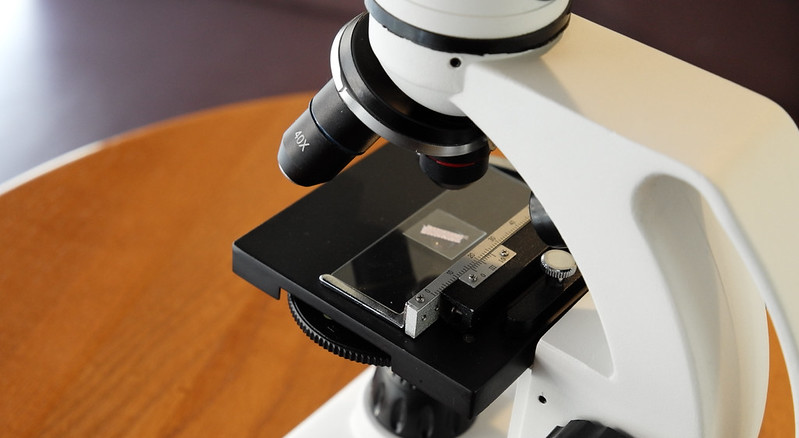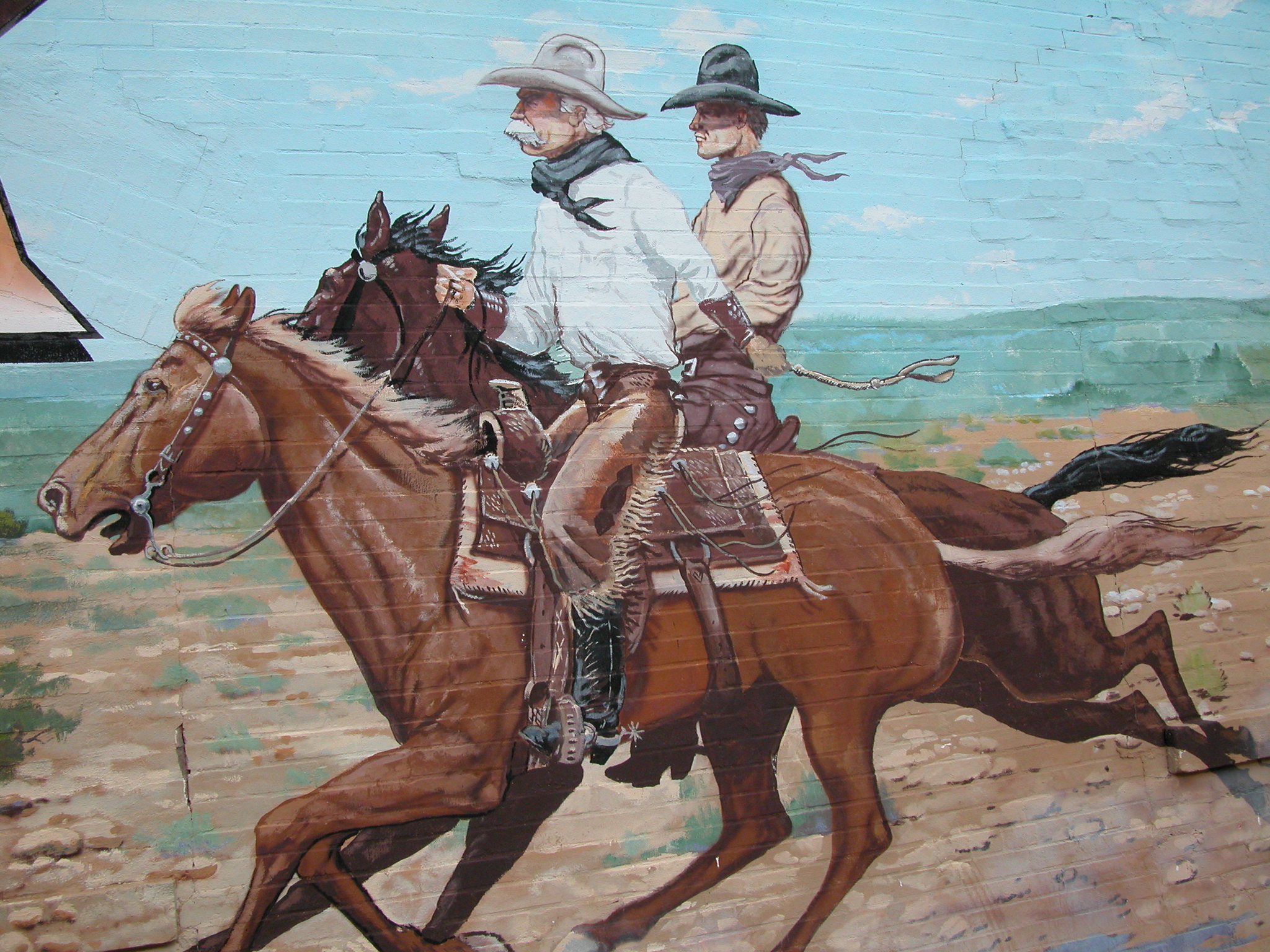The ability to empathize and to wonder is fundamental to being human. These aspects of thought allow us to expand our knowledge and deepen our connections with others. Before starting medical training, I believed I would maintain my own sense of wonder, perhaps even expand it through new experiences. Yet after three years of medical school, I have found this more difficult than expected. Although medical education has certainly broadened my mind and offered remarkable opportunities, I have begun to recognize an inherent tension between its structure and the humanistic practice we are encouraged, as physicians-in-training, to embody.
Systematic thinking dominates medical training, teaching us to view problems primarily through a cause-and-effect lens. This approach often leads to a limited, action-oriented perspective that can hinder our ability to understand patients holistically. In promoting this cause-and-effect habit of thought, systematic thinking undermines the principles of humanistic medicine. Humanistic medicine strives to move beyond thinking that is limited to identifying the next best step. Instead, it intentionally attempts to see the patient and their life as a whole, emphasizing their lived experience. If put into practice, humanistic medicine allows us to connect deeply with patients and to navigate uncertainty with meaning. Unfortunately, it is often only briefly addressed in medical education, even though learning to practice it, like any other skill, requires dedication and sustained effort. Like many others, I feel this tension increasingly throughout my training, but my unconventional path into medicine makes it feel particularly acute.
I attended a small liberal arts college where every student followed the same curriculum, built entirely around discussion of primary texts. We began with the ancient Greeks and read our way through to the twentieth century. After completing the program, we all graduated with a bachelor’s degree in liberal arts. I valued this approach deeply because it was both highly individualized and inherently collaborative. We learned to engage in meaningful discussion and to solve problems together. Our grades were based solely on our spoken and written words. Classes began with an “opening question,” which we explored within the context of the work we were reading, seeking to understand it more clearly by teasing out ideas and discussing themes of the text as a whole. Inevitably, more questions would arise, and we would work together to make sense of them. Often, we did not arrive at satisfying answers, but that was not the point. Listening to one another, exchanging perspectives, and learning to sit with uncertainty: that was the point.
Medical education is structured differently. It relies on a systematic framework prioritizing sequencing and retention over open-ended inquiry. In recent years, there has been growing recognition of the importance of humanistic education within medicine. Yet this shift has produced little change in the underlying structure of training, which remains inherently systematic, a matter of logical sequencing, and encourages similarly systematic habits of thought. Within this paradigm, information is presented as the culmination of principles, reinforcing a cause-and-effect mode of reasoning. This structure has many strengths. It provides a shared framework for communication among practitioners and allows us to organize vast amounts of complex information efficiently. Problems arise, however, when the methods we use to learn medicine begin to shape how we practice it. The priorities of care become altered and we fail to integrate the information from our patients into a holistic understanding of them and their lives. It is a pattern that I have noticed frequently over the course of my clinical rotations.
During a pediatric hematology/oncology rotation, one conversation in particular illustrates this pattern well. The patient was a five-year-old admitted for unexplained bleeding. His family had no idea what was wrong; days earlier he seemed perfectly healthy. The physician entered the room, named the diagnosis, and explained that the cancer was treatable, outlining treatment options, risks, and the likelihood of recurrence. There was clarity in his words and confidence in the statistics he cited, but all the family heard was cancer. After the conversation, they were left to reconcile the weight of that word with the sight of their child, still seemingly healthy and playful. We speak fluently in our own medical language among ourselves, but at the bedside, the transition to empathetic communication is often overlooked. Pressures of clinic efficiency, high acuity, and entrenched habit all play a role in widening this gap and represent real barriers to humanistic care. In response to these pressures, most efforts focus on improving communication by eliminating medical jargon. While important, on its own it is not sufficient. Practicing humanistic medicine requires a focus not just on explanation, but on the relationship between patient and provider. Yet medical education rarely teaches this skill with the same rigor it applies to diagnostic reasoning. This absence reflects a deeper structural problem, one in which empathy is treated as secondary rather than essential to good clinical care.
This way of teaching medicine has real clinical consequences. One experience shared by a close colleague during a primary care rotation illustrates these consequences and shows how humanistic medicine can begin to address them. Their patient was following up after hospitalization for being struck by a car. The student conducted a routine history and presented the case to the attending. When they returned to the room together, the attending’s first question was not scripted or determined by an acronym. It was simply, “How did you get hit by a car?” That question opened a conversation that had not occurred up to that point; the patient revealed that he had attempted suicide by intentionally stepping in front of the car. This information had gone undiscovered until that moment—not because it was unknowable, but because no one had thought to ask. The question was simple, but it was asked with intention. It invited the patient into a difficult conversation and showed a willingness from the physician to meet him on an equal, more human level. Unfortunately, students’ exposure to this humanistic approach is limited and often depends on the individual mentors. Without explicit education in humanistic care, we risk losing—or never fully developing—the ability to engage meaningfully with our patients.
Prioritizing the systematic aspects of an inherently human pursuit like medicine is a short sighted and self-limiting habit. It not only weakens our connection to patients, but it also drastically restricts our critical thinking skills, cutting out natural curiosity. When our interactions are based primarily on demonstrating knowledge and an “understanding of the facts,” the first thing to disappear is the ability to ask meaningful questions. This is not because of increased ignorance; rather, it reflects a diminished capacity to work through uncertainty. When people are encouraged to think broadly and are given space to explore uncertainty for themselves, the practice of this kind of thinking strengthens critical thought. Problem-solving then becomes grounded in a deeper understanding of the problem itself. Growing these skills allows us to remain present and reflective with patients, even in the midst of uncertainty. But these skills must be intentionally nurtured and explicitly taught otherwise they fade—like any habit—in favor of the ever-present “I know the answer” attitude.
We undeniably need the efficiency of systematic thinking to learn and apply medical knowledge, but we must also deliberately cultivate the human side of medicine. This begins by naming the limitations of our current system and learning to recognize when structured reasoning is essential, and when it is more important to return to what makes us human: our capacity to empathize, to connect, and to feel. Doing so not only allows us to care for patients in a more humane, person-centered way, but also sustains us as caregivers in a profession that too often forgets what makes us human.

 Poetry Thursdays is an initiative that highlights poems by medical students. If you are interested in contributing or would like to learn more, please
Poetry Thursdays is an initiative that highlights poems by medical students. If you are interested in contributing or would like to learn more, please 




